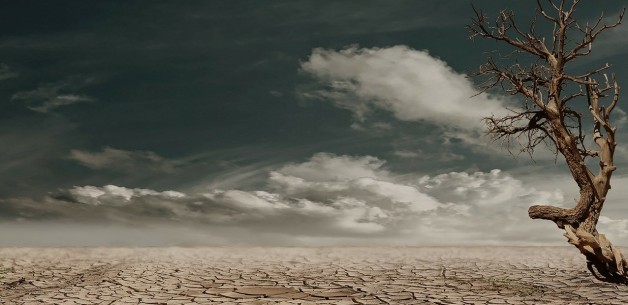New research today reveals that not one of the world’s main development banks is on track to help keep the world below 2 degrees warming. Instead, the banks – funded by tax-payers – continue to support fossil-fuel projects in developing countries.
Worst performers include the World Bank’s private sector lending arms[1] which promote fossil fuels in nearly a half of their lending, compared to only a quarter for renewable energy; and the Asian Development Bank which lent nearly a billion dollars to coal projects in just three years. Meanwhile, none of the banks has an overall target to reduce emissions in their lending.
Bank information Center’s (BIC) and Sierra Club’s scorecard assessed the recent record of multilateral development banks (MDBs)[2] in meeting their stated commitments to help poor countries transition to a low-carbon economy, to avoid or reduce project-related greenhouse gas (GHG) emissions and to increase support to renewable forms of energy. The verdict? MDBs do not pass the 2 degree test.
Nezir Sinani of Bank Information Center says, “These banks fail the climate test because they simply don’t measure or try to curtail their support for fossil fuels. This support often remains hidden behind incentives, guarantees or in complex investment structures like Public Private Partnerships or lending through third parties. This is an unacceptable use of public funds – which should be promoting a greener, cleaner world.”
The scorecard found that:
- None of the MDBs has a portfolio-wide target to reduce gross GHG emissions in their lending. Nor do they report publicly on this key issue
- None of the MDBs adequately assess or address climate change risks associated with policy-lending, technical assistance, and financial intermediaries.
- The World Bank lags behind all other MDBs with no policy on assessing and reporting project-level gross GHG emissions.
- The IFC/MIGA and EIB are the worst performers due to their continued high level of support for fossil fuels. The IFC/MIGA’s share of fossil fuels in its energy portfolio was by far the worst at 46 percent with RE & EE comprising only 24 percent.
- The ADB scores worst for its continued lending to coal projects. From 2011 to 2013, it provided the most funding, $900 million, to coal projects. The ADB still does not have any policy to restrict lending to coal power projects.
- All of the MDBs fail to assess impacts and risks to forests. This includes indirect impacts from the drivers of deforestation (mining, energy, agriculture and transportation) and policy reforms, such as land tenure reforms.
Overall the World Bank Group (both its public and private sector arms) is lagging behind other MDBs, despite President Kim’s commitment to tackling climate change. The most enthusiastic fossil fuel promoters – in terms of their direct and indirect lending – are the IFC and EIB; while coal’s biggest funder is the Asian Development Bank.
Nicole Ghio of Sierra Club says, “To promote the transition to a low-carbon economy, the banks have to get a clearer idea of the climate impacts of their lending. It’s essential that we see real action now: with banks signing up to emissions-reduction targets, and putting their money where their mouth is by funding truly low carbon economies.”
On the positive side, the MDBs are making progress on many fronts, including new commitments made in Lima, which deserve to be commended. The scorecard identifies the main climate-smart standouts.
For the full report, please visit: http://www.bankinformationcenter.org/wp-content/uploads/2015/10/MDB-Climate-Change-Scorecard-formatted.pdf
________________________________________
[1] The International Finance Corporation and MIGA
[2] The MDB Climate Change Scorecard assesses the progress of seven MDBs, including: World Bank, International Finance Corporation (IFC), Asian Development Bank (ADB), African Development Bank (AfDB), Inter-American Development Bank (IDB), European Bank for Reconstruction and Development (EBRD), and European Investment Bank (EIB).
CONTACTS
Climate Change Program Coordinator
Bank Information Center
nsinani@bankinformationcenter.org
+377 44 906 609
Senior International Campaign Representative
Sierra Club
Nicole.ghio@sierraclub.org
+1 202 675 6270


